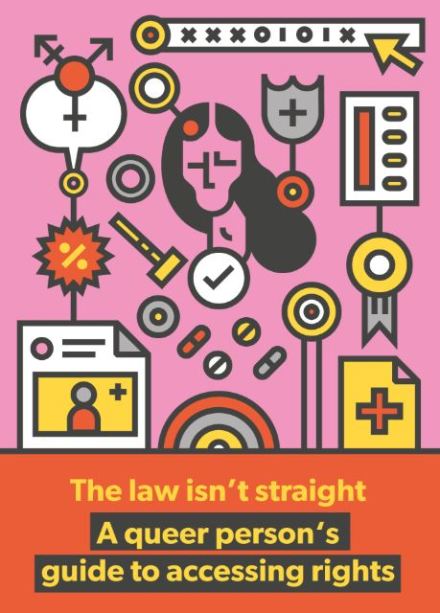The Supreme Court of India today began hearing a bunch of pleas regaridng Section 377 of the Indian Penal Code which criminalises homosexuality or same-sex marriage in India. Of late, the issue has become a matter of debate in India, with one side equating it with ‘culture and tradition’ and the other with someone’s personal right of privacy. The matter, on which a host of pleas have been filed, will be heard by a five-judge bench comprising Chief Justice of India Dipak Misra and Justices R F Nariman, A M Khanwilkar, D Y Chandrachud and Indu Malhotra.
Section 377: LGBT rights — A timeline of the case (succeeding order)
July 2009: Delhi High Court’s landmark decision – homosexuality decriminalised
In a landmark decision in 2009, the High Court of Delhi decriminalised homosexuality among consenting adults. The court held section 377 as ultra wires with Article 14, 15 and 21 of the Constitution of India. “We declare section 377 of Indian Penal Code in so far as it criminalises consensual sexual acts of adults in private is violative of Articles 21,14,and 15 of the Constitution,” a bench comprising then Chief Justice A P Shah and Justice S Murlidhar had said.
December 2012: Supreme Court quashes High Court order
The Supreme Court of India quashed the order issued by Delhi High Court. The apex court held that the order is legally unsustainable. A two-judge bench of Justice G S Singhvi and Justice S J Mukhopadhaya said that a “miniscule fraction of the country’s population constitute LGBT,” adding that less than 200 people have been arrested under the law in the past 150 years. The court left a scope of striking down the law and categorically said that the Centre is free to amend it. In 2014, Naz foundation filed a review petition which was quashed by the SC.
Centre’s stand on the law
Central government led by PM Narendra Modi said that it would take a decision regarding the law. In 2015, the BJP dominated Lok Sabha voted against the introduction of a private member’s Bill to decriminalised homosexuality. The Bill had been proposed by Congress MP Shashi Tharoor.
Supreme Court reconsiders petitions regarding the law
A group of well known LGBT rights activists, S Johar, journalist Sunil Mehra, chef Ritu Dalmia, hotelier Aman Nath and business executive Ayesha Kapur. The petition, filed by well-known LGBTQ activists, claimed their “rights to sexuality, sexual autonomy, choice of sexual partner, life, privacy, dignity and equality, along with the other fundamental rights guaranteed under Part-III of Constitution, are violated by Section 377.”
August 2017: SC upholds Right to Privacy
In 2017, the Supreme Court held Right to Privacy as a fundamental right. It also observed that “sexual orientation is an essential attribute of privacy”. It said that the “right to privacy and the protection of sexual orientation lie at the core of the fundamental rights guaranteed by Articles 14, 15 and 21 of the Constitution”. The judgment, which implicitly overrules its 2013 verdict, is likely to bear on this review.
July 10, 2018: SC begins hearing on Section 377
A five-judge Constitution bench led by Chief Justice of India Dipak Misra and comprising Justices R F Nariman, A M Khanwilkar, D Y Chandrachud and Indu Malhotra, begins hearing petitions challenging Section 377.
